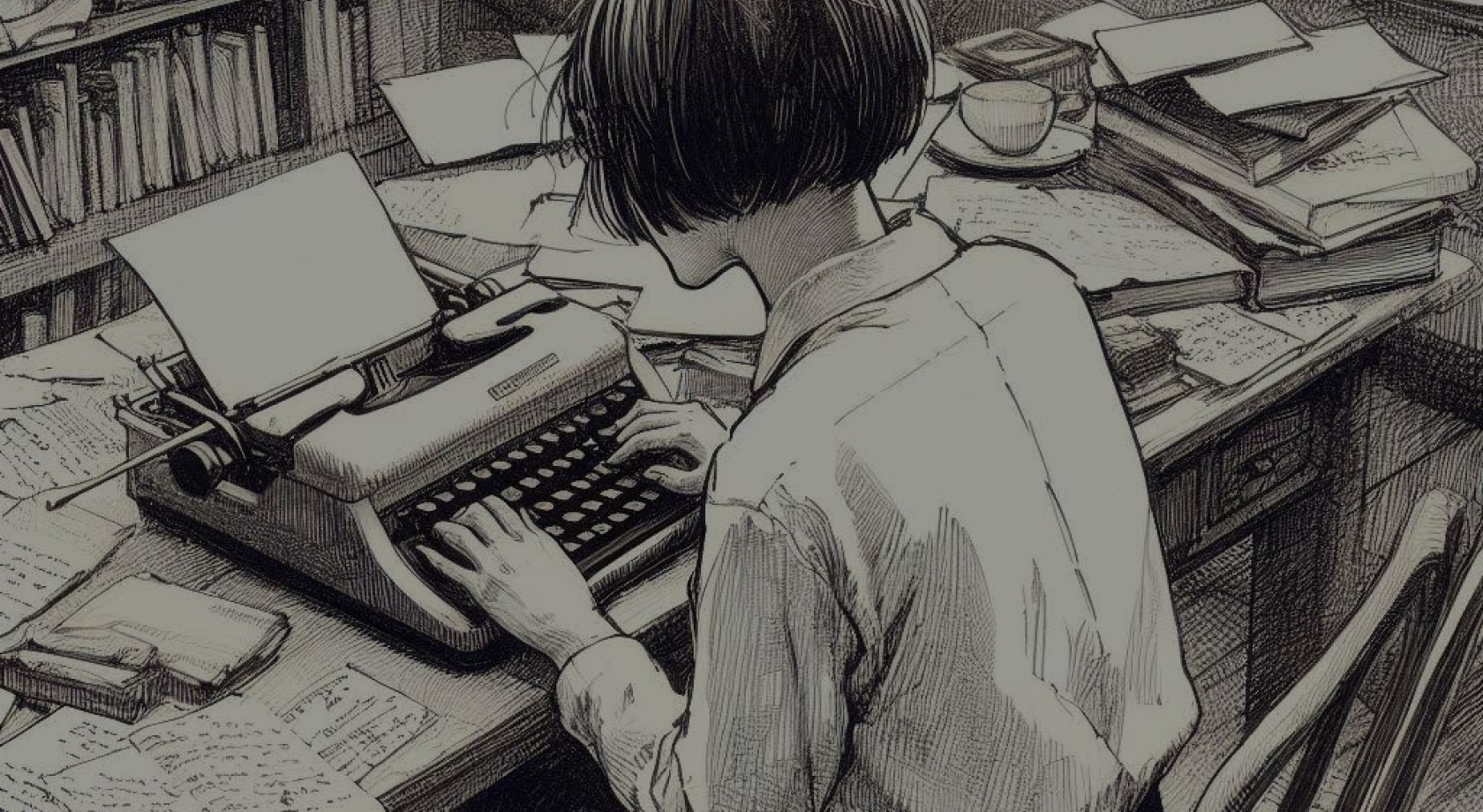What if you're being spied on?
What would you do if you found out that someone in your circle had been spying on your life in the service of the government for years? Would you be interested in finding out the name of this person who betrayed your trust and reading the reports they have drawn up on your life and activities? This is the situation currently faced by many citizens who lived in the now defunct East Germany between 1949 and 1989.

The division of Germany into two states, one communist (Democratic Republic of Germany, or East Germany) and the other capitalist (Federal Republic of Germany, or West Germany) lasted 40 years, and only ended with the fall of the Berlin Wall in 1989. During this period, around 300,000 citizens worked in East Germany as spies for the Stasi, the communist government's spy service. In other words, at that time, around one in every 60 citizens was a spy, hired or unofficial.
In 1992, the government made the records compiled by this legion of spies available to the public. This voluntary leak of sensitive state information had gigantic dimensions, causing a catastrophe in the professional and marital lives of several German citizens by uncovering their espionage activities and ratting out people they knew.
However, some of the Stasi's most closely guarded secrets were shielded from the public eye when the Stasi ordered a group of agents to chop, burn, tear and pulp these confidential documents in the weeks leading up to their release. Of these documents, around 50 million pages were simply torn up and packed in paper bags for later disposal. However, before these documents could be disposed of for good, they were discovered in a warehouse in Germany by a group of pro-democracy protesters.
In the thirty years since their discovery, a group of 12 archivists has been working on this pile of shredded paper in order to piece together the puzzle of German espionage in the Cold War period. Of the 16,000 bags of shredded documents, 500 have already been restored, which is about 3 percent of the total task. These documents, which took around 40 years to write and a few days to destroy, will have to wait almost six hundred years to be fully restored if the work continues at the current pace. It was therefore decided that the restoration of bags containing material corresponding to the surveillance of citizens should take priority over bags containing state bureaucratic documents or training manuals. The aim of this prioritization was to allow citizens who are now approaching the end of their lives to have the opportunity to learn about the documents drawn up about them and the names of the spies who wrote them.
Since these archives were released, three hundred thousand German citizens have requested access to the reports written about them. Although this experience has often proved shocking, revealing that some people have lived illusory lives with untrustworthy people, there are those who have taken advantage of these files to file lawsuits against the German government for the suppression of employment or individual freedoms based on information acquired by spies.
One of the most striking things about this period in German history is that the communist dictatorship survived on the back of espionage between citizens, largely carried out by unofficial spies. If these citizens had rebelled against the situation, the dictatorship would hardly have survived, as the ratio between normal citizens and spies was 60:1.
Finally, according to researcher Dagmar Hovestädt, who works as a spokesperson for the Federal Commissioner for Stasi Records, the release of the Stasi archives to the public has taught society two major lessons:
- It showed that even normal, upright people become tools at the service of dictatorial governments in exchange for personal favors. We have to realize that this is not an attitude restricted to people of bad character: normal people can make this mistake depending on the situation they find themselves in;
- Authoritarian governments survive because they have the support of a considerable portion of the population, either by people who actually support them, or by individuals who prefer to turn a blind eye to the injustices carried out by the government against part of the people as long as their privileges or lifestyle are maintained.
In current times, when we have seen the political debates grow more radical in most democracies around the world, we must not forget these lessons.
To access the full article, please go to https://archives.newyorker.com/newyorker/2024-06-03/flipbook/44/
Translated with DeepL.com (free version)
Voltar
